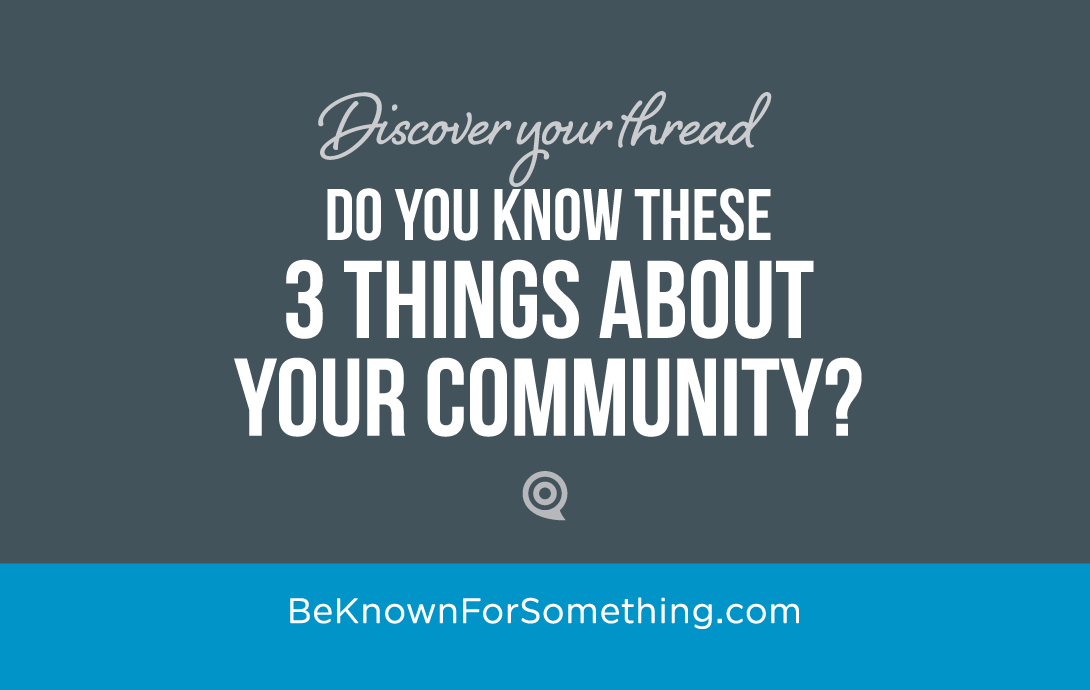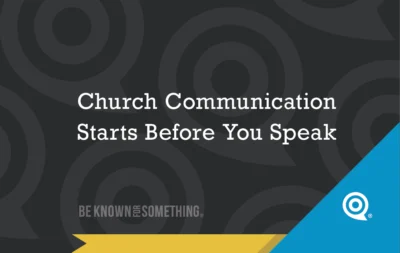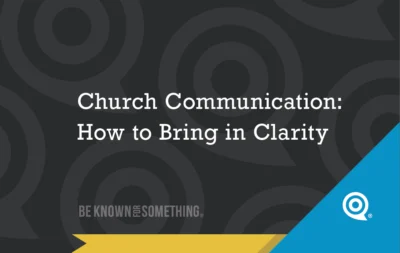Do You Know These 3 Things about Your Community?

Effective communication rises and falls on how well you know your audience. For the church you have 2 audiences: internal and external (congregation and community). Most of you (hopefully) understand your congregation because they regularly let you know what they like and dislike. Plus you meet with them every week or so.
But if you concentrate on an internal audience and not have a “pipeline” of growth through the knowledge of your external audience; you’ll almost always decline. Are you in decline? Stagnation?
Do you know your Community? Really? Remember, your internal group comes from your community but doesn’t always represent the entire community. Sadly, most congregations represent a very small percentage of the community. Your members are important but the vast amount of non-church goers are critical as you seek to lead them to Christ (so they will become a future committed member)!
Here are 3 things you should know:
- How similar are they to your congregation? The best scenario? That your congregation and community are very similar. The most-likely reality? They’re very different. Compare: average age, occupations, stage of life, size of families, incomes, where they hangout, what do they like to do, etc. Remember that a community won’t want to join a group of people that don’t feel like they belong in. Your website and communications should authentically show your congregation with a leaning towards who your community is.
- What are their major problems or goals? When the average person in your community wakes up, what would their concerns be for the day or year? Or are they more driven to accomplish something? Use what you discovered in #1 above to create a stereotypical community member (persona), and imagine what occupies their mind. The more you speak to these (temporal) problems/goals by offering solutions; the more your community will want to discover you.
- What is their perception of a church? This is huge. As you get to know your community, you’ll discover 4 groups of people: 1) those who vehemently oppose church for a reason (find out if it’s valid), 2) those who don’t really understand church (most don’t know the relevancy of a church because we don’t communicate it well), 3) those who once went to church but really don’t attend regularly now (see if it’s a schedule thing, a busyness issue, or something else), and 4) those who are fully committed to another church (pick their brain about their perception of your congregation; it’ll be eye-opening)! Just remember, don’t get defensive as you discover “reality” in their minds.
If you don’t know your community definitively, discover a good demographic organization that can help you with the information. And even better? Conduct focus groups. Ask 8-10 people from your community who are somewhat similar demographically (age, gender, etc.) and ask them questions and listen. Even having coffee with a couple from your community will do wonders towards getting an understanding of those outside of your membership.
Want 25 Game-Changing Resolutions?
Related Posts

Church Communication Starts Before You Speak
Church communication does not begin with a sermon. Instead, it begins the moment someone arrives on your property. Before a

Church Communication: How to Bring in Clarity
In the new year, pastors often set goals. They want to grow attendance, launch new ministries, or strengthen discipleship. However,

Church Branding: Why Every Church Is Known for Something
Everyone is known for something, including your church. This is the heart of church branding. The real question isn’t whether

